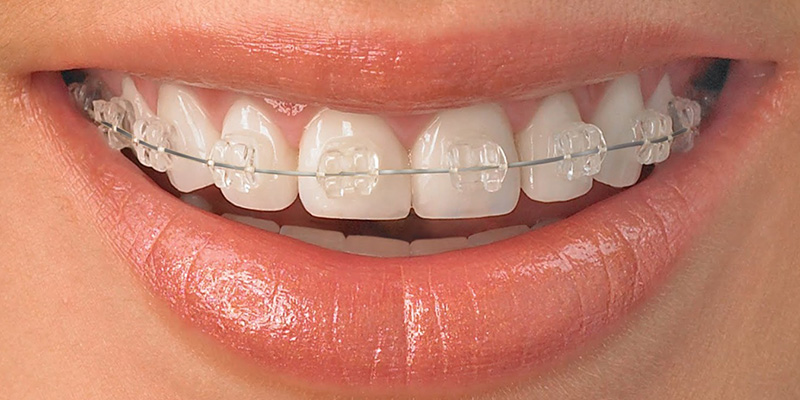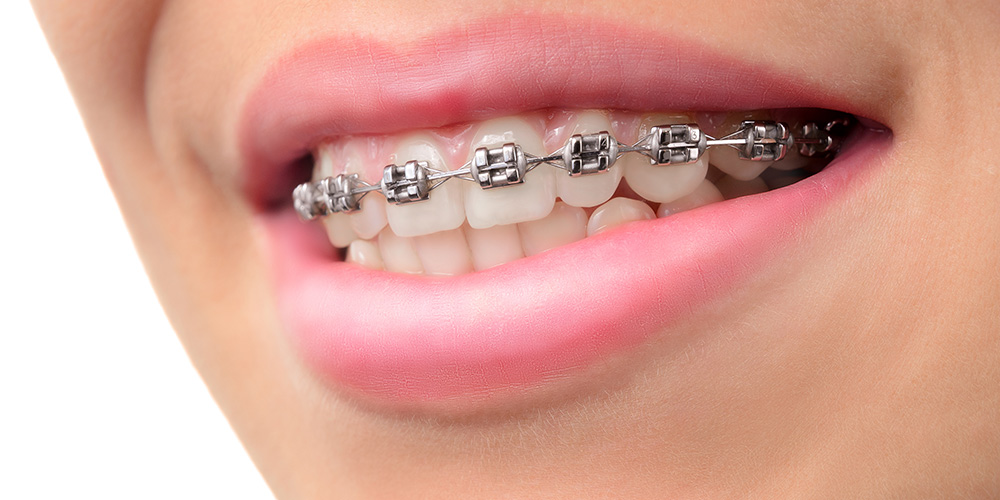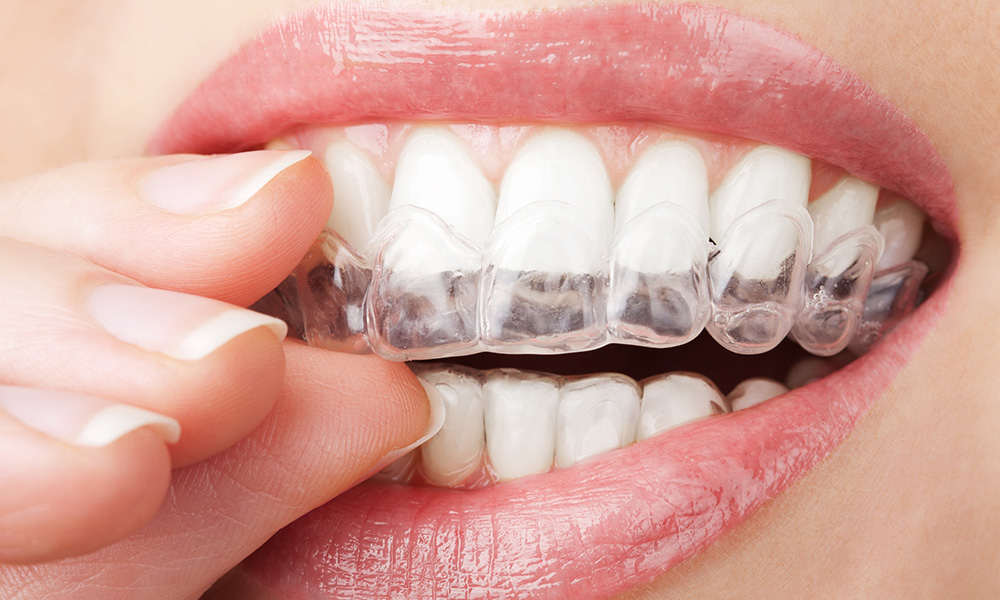
Orthodontics is a special branch of dentistry that deals with preventing and correcting the irregularities of the jaws and teeth. The treatments involve using specially made braces for your oral condition. The expert, who handles such cases and carries out the treatment is called an orthodontist. This professional possesses the necessary knowledge and skills, beyond the standard dental school curriculum, to diagnose, prevent and treat all types of facial and dental irregularities. Orthodontic treatment caters to both functional and aesthetic aspects by properly aligning and straightening the teeth.
Years ago, orthodontic treatments were used only for pre-teens and teens having problems with their bite (malocclusion). Today, orthodontic treatments like dental braces are not only for pre-teens and teens, but for adults as well.
Close to 30 percent of all orthodontic patients in the world are adults. Despite this growing trend towards adult orthodontics, it pays to start orthodontic treatment early for maximum effectiveness. The American Dental Association recommends that children receive an orthodontic evaluation by age seven.
Since malocclusion may interfere with eating and speaking, it is usually considered a restorative issue. Although, because a malocclusion may prevent the development of a beautiful, well-aligned smile or facial jaw lines, it may also be classified as an esthetic issue and categorized as cosmetic dentistry.

No matter what your age, orthodontics can protect your bite (occlusion), maximize your teeth's effectiveness in performing their functions and create a well-aligned smile. Today’s orthodontics involves repositioning of the teeth and underlying roots, providing better support for the crown of the tooth. Orthodontic treatment is now associated with the benefits of greater esthetic appeal, increased comfort and reduced treatment time.
Orthodontic treatment can also rejuvenate your facial appearance by reshaping the jaw, neck and lips, especially when combined with maxillofacial surgical procedures. In addition, well-aligned teeth make oral hygiene easier to maintain.
Dental Braces
Today's dental braces are much improved for a variety of reasons:
Reduced Treatment Time: Computer-aided technology offered through some orthodontic offices today helps the orthodontist to create ideal tooth positions. Some reports indicate that the aid of such technology can reduce treatment time significantly.
Comfortable Treatment: Dental brace wires are now made of materials that serve to reposition the teeth and underlying roots more readily and with less discomfort than in the past. Titanium implants can be anchored in the bone on the side of the mouth and palate to help shift the front teeth back and allow for more space if necessary. The molars of a braced patient may have magnets attached to them in order to help lift and reposition underlying molars. In addition, headgear is no longer needed as it was in past orthodontic treatment.
Esthetic Appeal: A new, popular form of dental braces for those with mild tooth movement requirements is clear dental braces (tooth-colored dental braces). These "invisible braces" or aligners are made of a flexible, clear, thin material that fits tightly over the teeth. This material is changed out every two to three weeks so that gradual tooth movement occurs. To monitor the movement of the teeth, your orthodontist will likely want to see you every six to eight weeks.
And in the end, you are rewarded with a beautiful, well-aligned smile.

Invisalign Clear Aligner
Invisalign is an orthodontic treatment that straightens teeth without the use of metal braces. Invisalign is a series of custom-made clear braces that cover your teeth and gently pull them into the proper position over time. Because they are clear and can be taken on and off, they are less noticeable than traditional metal braces.
Most people want to improve their smile but think that traditional, metal braces are the only option. With Invisalign clear braces there are no metal brackets or wire to detract from your smile while undergoing treatment. With Invisalign clear braces, your teeth can be comfortable, beautiful, and precisely aligned in half of the time it would require with traditional braces. Whether you are a parent exploring orthodontic treatment for your teenager, or an adult who has put off treatment for years, Invisalign is an effective and discreet solution.
Orthognathic Surgery
Jaw surgery (orthognathic surgery) can be a necessary treatment for those with a skeletal discrepancy outside of the boundaries of conventional orthodontics.
Some patients may require jaw surgery in order to correct the position of the teeth and provide a functioning bite, the supporting bones of the jaws must be in the correct position.
If this is not the case, orthodontics alone will not correct the bite. Surgery will be required to move the jaws into the proper position so the teeth then meet correctly.
Patients seek jaw surgery for a number of reasons, including;
- Difficulty in eating and speaking
- Disproportionately large upper or lower jaws
- Long face
- Facial asymmetries & Chin abnormalities.

 Türkçe
Türkçe English
English Deutch
Deutch
Contact Form